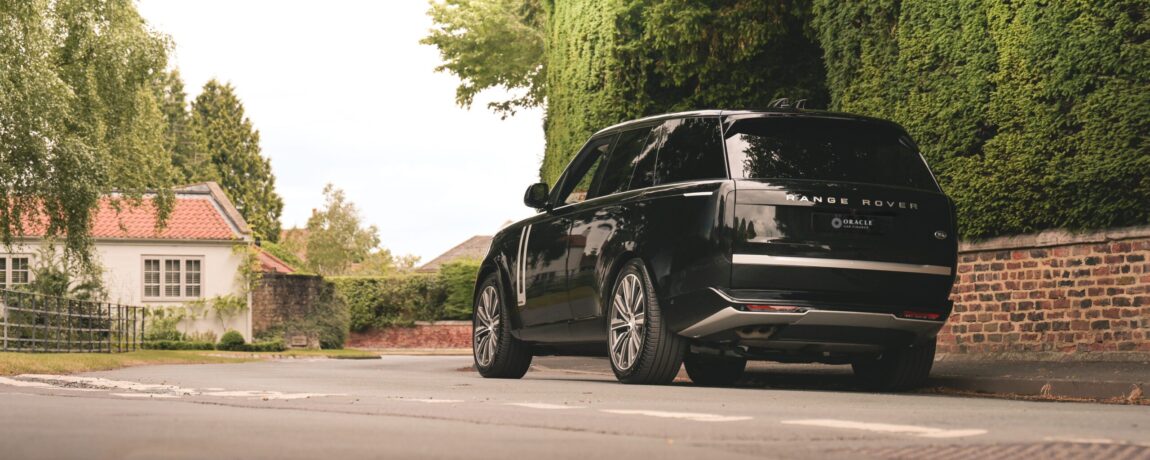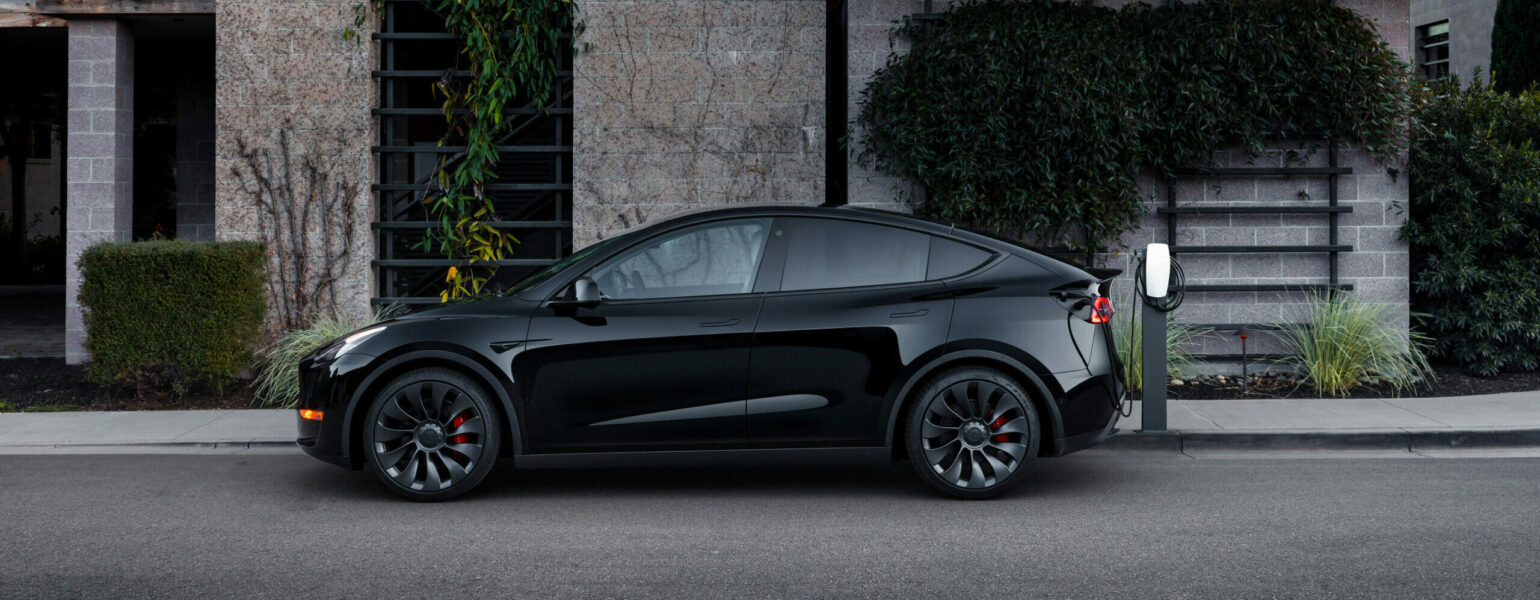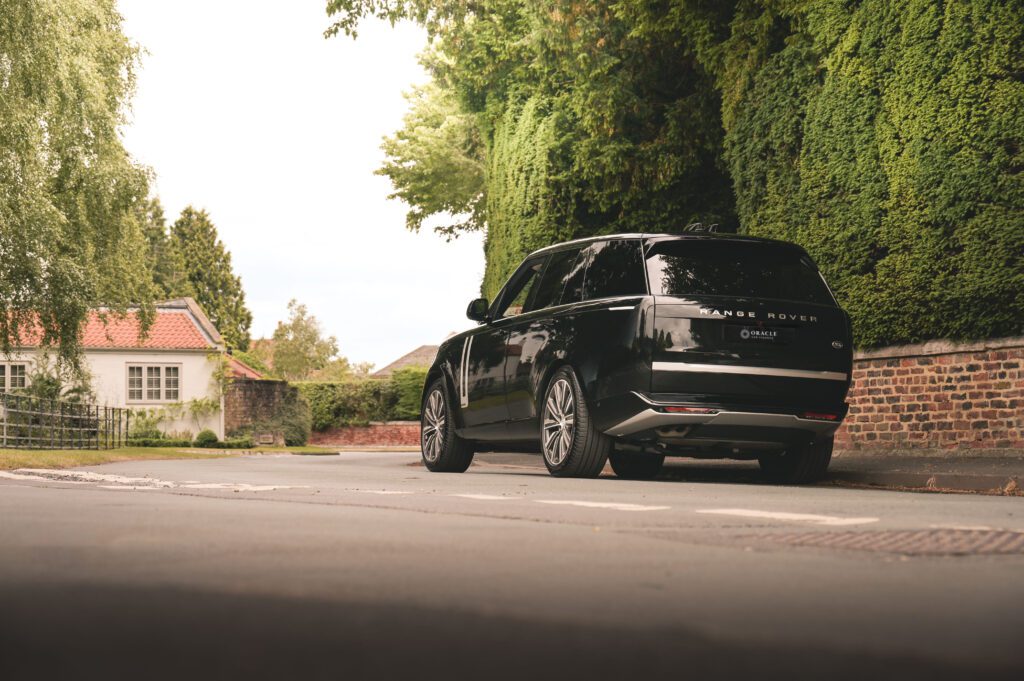
The Cost Of Driving In 2025
The cost of a lot of things seem to be on the constant rise these days, from utilities and food to flights and insurance. The pandemic and lockdown saw many prices rising or at least the fluctuations and volatility becoming more unpredictable than we had become accustomed to in recent years.
But what about the cost of motoring in 2025? Has this followed a similar path and if so are they ways that you can ensure the cost of driving this year is less impactful than it could be on your wallet.
With this in mind we have put together a guide to the Cost Of Driving in 2025 and what has changed or is going to change over the next 12 months, whether it is confirmed or expected based upon the latest figures. Whether you are purchasing a new or used vehicle, are keeping your existing car, or are considering switching between combustion engine or an EV.
New Car Prices
The good news is that thanks to the impending combustion engine ban there is more choice than ever before when it comes to purchasing a new vehicle. The current ability to not only choose between what requirements you have for your next vehicle but also how it is powered, means that the number of suitable options is likely to be greater than ever.
This may mean however that the initial price of your new car is more than you were expecting or than you paid when the model you have was new. A rise in cost of everything from materials to transportation and, in particular the production of an EV or hybrid vehicle, means that car prices over the last few years has seen an increase. Quite a considerable increase for some models too.
Many models that used to be available as a combustion engine vehicle yet now are purely offered as an EV will have noticed that more often than not the price has gone up. For instance, the base model Porsche Macan in 3.0-litre petrol format before any options was £56,000 in 2024, whereas the least expensive Macan Electric is currently £68,500, or £71,200 if you want it to be the equivalent 4-wheel drive example. That’s an increase of 22% for the former and 27% for the latter. It isn’t just Porsche or the switch to electric power either, the pure combustion engine BMW M2 in F87 generation was £49,800 before options whereas the latest G87 iteration is 33% more expensive, a sizeable £66,510.
But it isn’t all bad news. The fact that EV’s are more expensive to buy when new has been a major talking point, especially for those who can’t afford the more premium brands of EV vehicles. In January 2024 there were just 9 brand-new EV models on sale that were less than £30,000, at the start of this year there 29 EV’s below this amount.
Not only that but with the ZEV Mandate putting pressure on manufacturers to sell more EV’s there are discounts to be had at the showrooms for brand new cars. In 2024 some of the discounts available for new EV’s were 10% of the list price or more, and with the requirement now 28% of sales instead of 22% required to be EV’s, there are likely to be more discounts available this year too. Though perhaps not as large unless pressure to meet stricter targets becomes a challenge once again towards the end of the year.
Used Car Prices
Last year the average residual value retained for a car that is 3 years old and had covered the average of 36,000 miles in that time was 51%. Although this had fallen from the previous year’s figure of 55.6%, a lot of the drop was thanks to poor results at the end of 2023 affecting prices a lot in January. As a whole, prices in the UK remain strong and outperform a lot of the major markets across the rest of Europe.
Despite prices remaining relatively strong the demand for used cars has actually surprised a lot of industry experts and trends didn’t seem to follow the usual quiet periods as they had done in previous years. Consumer demand is expected to remain high for 2025 so those looking for cheaper pre-owned car prices, particularly as they traditionally have done as Winter turns to Spring, don’t expect the same to happen this year. Popular automotive marketplace Auto Trader saw over 970 million visits to their website in 2024, 74 million more than they received the previous year, and this volume is expected to continue.
For those looking at the used EV market, the discounts you may be able to receive for a brand-new car mean that it may actually be cheaper to buy new than those that are a year or two old. However, the amount of depreciation that some EV’s suffer from after a year, or in some cases even less, mean that they remain a very tempting purchase for a nearly new car.
With fewer new purely combustion engine driven vehicles to be sold over the next few years until they are phased out completely, now may be the last time that you can get your hands on that car you’ve always wanted. Not only that, but at what point certain desirable models become even more sought after and therefore hold their value even better will surely only be a matter of time.
Road Tax Changes
For the first time, electric vehicles are now no longer to be exempt from road tax charges. Their first-year rate will be set at £10 then from the first year onwards they will pay the standard rate of £190. But not only that, those that cost more than £40,000, which is the majority of them, will also be subject to the additional rate of £410 on top of that too for the next 5 years after that first year tax has expired. Thankfully, those who have already purchased their EV’s can relax a bit, vehicles will not be subject to the additional fee unless they were registered after 1st April 2025.
Hybrid cars and low emission cars are also going to be subject to first year rates of £10 or £20 depending on how low emitting they are, then will pay the standard annual rate of £190 just like EV’s. They will also be subject to the additional Expensive Car Tax if their value is greater than £40,000 when new until the car is 6 years old.
For combustion engine cars 2025 could be quite an expensive one indeed when it comes to road tax. VED annual rates for petrol and diesel cars have been doubled from 1st April for first year road tax. This could mean that owners of supercars and performance SUV’s could be subject to a first year road tax cost of up to £5,490. For the next 5 years after that first year has expired vehicles that cost more than £40,000, again quite a majority of new cars these days, will then pay £190 annually plus the Expensive Car Supplement of £410, making it £600 a year to drive on the road.
Switching To An Electric Vehicle
If you are contemplating making the switch to an electric vehicle, this might very well be the best time to do so. Purchasing a new or used EV prior to April 1st will mean you avoid paying any road tax at all for the first year, as well as the Expensive Car Supplement from years 2-6. This offers a considerable saving compared to having to pay the increased charges after that date.
Not only that but if you buy a used electric car that was registered after this date, you will also be subject to the Expensive Car Supplement until the car is six years old. Not based upon the price that you bought the car for either, but the price that the car was when it was new.

The current range of new or nearly new electric cars are the best they’ve ever been too, with more range, improved technology and more choice than ever before. Many manufacturers are on the second generation or have facelifted their EV’s since they were first introduced so they now offer significant improvements and more up to date features.
As mentioned above, for budget conscious buyers, the number of electric vehicles that cost under £30,000 when new is much higher than it was just 12 months ago, and this figure is set to grow considerably this year. New models from Volkswagen, Renault, Citroen, Dacia, Vauxhall and more are expected to cost well below that threshold, offering more choice for those with smaller budgets. For used EV’s the possibilities are even greater. According to popular automotive marketplace Auto Trader, there is a 25% increase since this time last year of EV’s listed that are under £20,000.
Until the planned change in April this year, EV’s have been paying no road tax at all so the more people that switch from combustion engine cars to electric vehicles means the Government is receiving less money from road taxation. A big rumour for the last budget, that brought in all of these new car tax rules, was the possibility of a pay-per-mile taxation system in order to fill the income gap that the Treasury is currently seeing due to more people buying EV’s.
Whilst this didn’t materialise in the last budget, it doesn’t mean that it might appear, or at least be mentioned, in a budget this year. So although the amount of Vehicle Excise Duty (VED) or road tax that motorists are having to pay has increased across the board for 2025, that isn’t to say that it may be changed yet again before the year is out. Another reason why, for now at least, if you are considering a switch to an EV, now might be the perfect time after all.
Financing Your Car In 2025
Looking to purchase a car in 2025? Why not get the ball rolling with a no obligation conversation with your dedicated Account Manager about your funding options. You can get in touch with us either by calling 0800 012 6666 or online by clicking here.
With over 2,600 Trustpilot reviews and counting with an overall rating of 5.0 out of 5.0, and having funded over £2 billion and counting for our customers, you too can find out why thousands of people trust us time and time again to find a smarter, tailored funding solution when looking for your next car.
Make sure you follow us on Instagram, LinkedIn and Facebook to keep up to date with what’s happening in the market and to see some stunning photos and videos of the amazing cars we fund.













